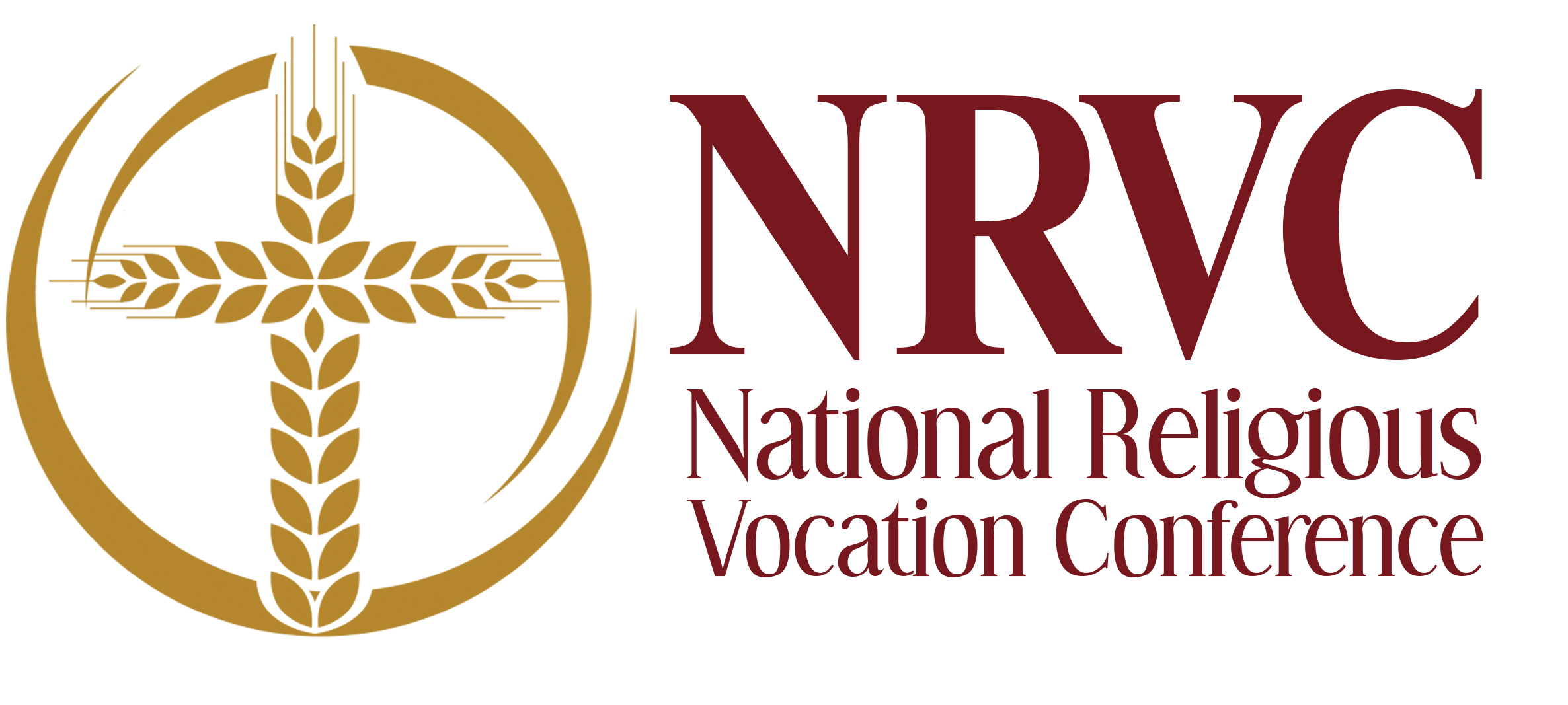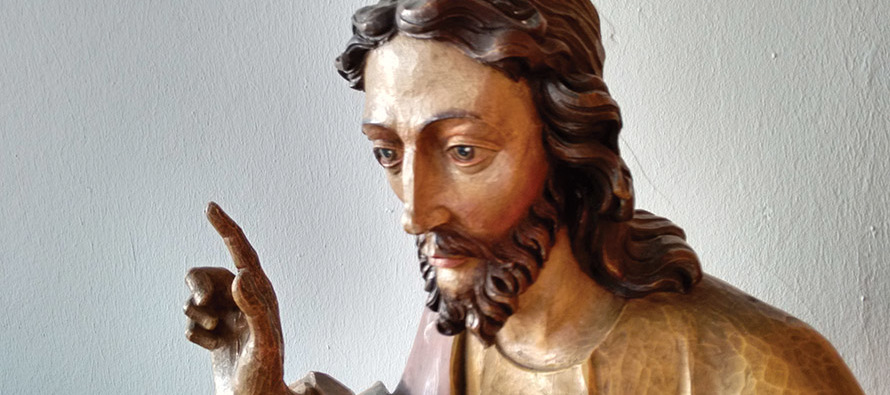|
CONCLUSIONS, CONSCIENCE, AND WHERE TO DRAW THE LINE
Recently I was in a tourist shop. A plaque on the wall read: "A clear conscience is the sign of a bad memory." There's truth in that. Anyone who imagines they have no reason to seek the sacrament of Reconciliation has forgotten how they thought, spoke, and behaved earlier today.
Another plaque declared: "A conclusion is the place where you get tired of thinking." That one feels especially convicting. Lately, I've racked up a series of conclusions about our society that could likely bear more examination. It's easy to give up on the other side (whoever or whatever we imagine it to be.) Yet the problem is rarely the neighbors, or people who vote that way, or folks who believe those things. The broader problem is human nature. A nature we all share.
Which returns us to the original plaque about clear consciences being equivalent to poor memories. I can spend so much time critiquing the neighbor, brother-in-law, or group featured in today's headlines that I fail to do the one thing faith requires: examine my own conscience. Judgment is God's alone, as scripture points out. It doesn't belong to me. Confession of sin, however, does. Rather than judging others, perhaps I need to get out more. As an older white, cisgender, hetero woman, I need to befriend more folks who are young, of non-European ancestry, who maybe have more complicated relationships to pronouns and categories than I do. Maybe it's time to gather some energy and stop reaching conclusions too soon.
—Alice Camille,
reprinted with permission from TrueQuest Communications
|













